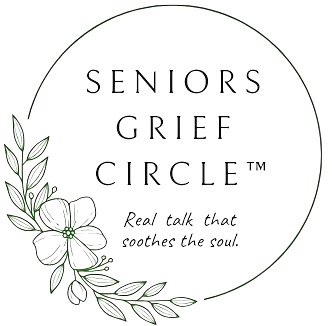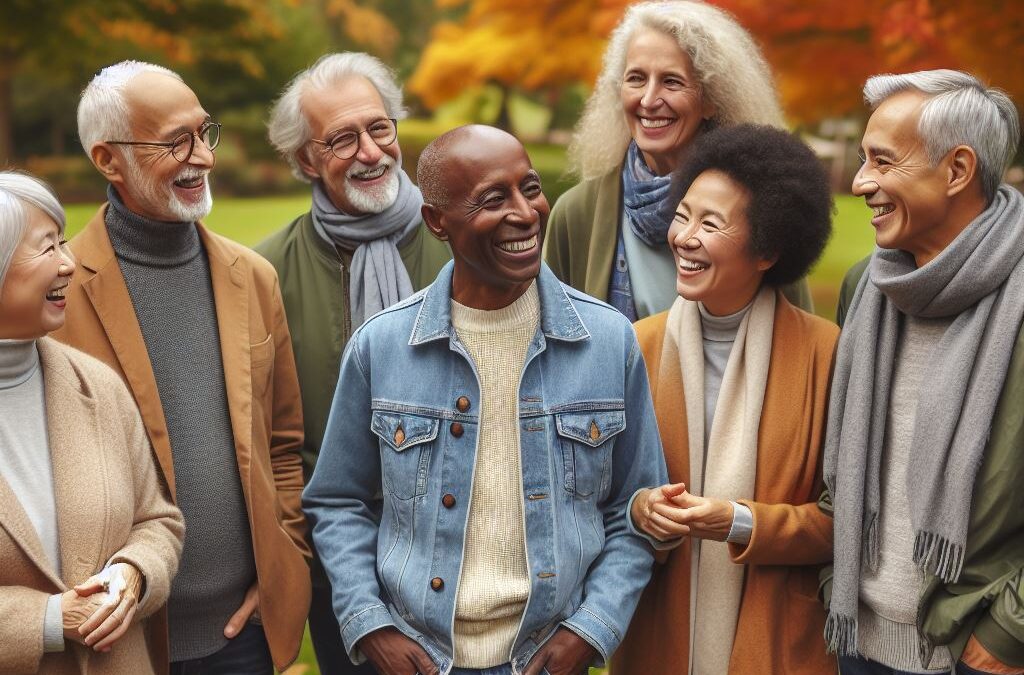Losing your spouse is an emotional and challenging experience like no other in your lifetime. While the void left by a loved one’s absence is undeniable, especially if you were married for decades, there are practical strategies you can take to reduce social isolation, forge new connections and even embrace the possibility of dating again.
It can be hard to reach out and make friends, like a tremendous effort is needed. You may not even feel like socializing with anyone at all because your life partner was your confidante. Maybe you had activities that you and your spouse did together, or with other like-minded couples, and now they might feel awkward doing solo. Or your friends circle has shifted – maybe some of your friends you’ve known for decades have also passed away. But life can get even lonelier if we don’t make an effort to venture out and meet new people.
Of course, make this decision when you feel emotionally ready. But waiting too long to begin socializing can affect your mental health. Keeping yourself isolated from others can deepen feelings of loneliness which can lead to depression. It can also speed up the onset of aging and many chronic diseases. No one really wants to feel truly alone all of the time.
Life has a way of happening, and we can also make it happen for us too after our loss by choosing to stay connected to others. Let’s explore some ways to make new connections and friends in the aftermath of the loss of your life partner.
Seek Social Support
The first step in coping with the loss of a spouse is acknowledging the need for social connection. Reach out to friends, family or local community or church groups. If you have adult children, they might be able to make some connections for you. Attend social events or gatherings to surround yourself with supportive people who understand the challenges you may be facing – maybe they’ve recently lost a spouse too. Shared experiences can foster empathy and create meaningful connections. A great place to start is by joining the Seniors Grief Circle. A membership will welcome you into a warm and caring community of like-minded people, access to many resources including a private Facebook group, group coaching, community events and much more.
Join Interest-Based Groups
What do you enjoy doing? Do you have any hobbies or interests? Want to learn something new? Explore your passions and interests by joining clubs or groups near you, or virtually. Whether it’s a book club, a gardening group, a dance or art class, participating in activities you enjoy provide an opportunity to meet like-minded people. Shared interests form the foundation for lasting friendships.
Volunteer for a Cause
Volunteering for a cause you believe in can be a great way to meet new people who share your philanthropic interests. Maybe you’d like to pack food at the local food bank, or help out with a church group, or a humanitarian project overseas. The opportunities to give back are endless. Find a cause that resonates with your heart and schedule some time for a visit.
Use Technology for Connection
In the digital age, technology can be a powerful tool for combatting social isolation. Join online communities, engage in forums or participate in virtual events. Even fitness classes are online, and there are ones specifically for older adults. Platforms like Meetup or social media (Facebook) groups cater to diverse interests, allowing you to connect with individuals who share your hobbies, interests or experiences.
Attend Local Events
Many communities host local events, from cultural festivals, walkathons, spiritual gatherings, fitness classes and much more. Attend these gatherings to not only enrich your life with new experiences but also to connect with other like-minded people in your community. Local events offer a relaxed setting for making friends and expanding your social circle.
Maybe Consider Dating Again
If you feel ready, consider the prospect of dating. There are many online platforms that cater to seniors. Approach this with an open heart, take your time and prioritize connections based on shared values and interests. Or you may decide dating is not for you at all at this stage in life – it’s all good.
Coping with the loss of a spouse at any age is not easy, but it’s definitely harder as you get older. Aging alone can be scary and uncomfortable; as humans, we need social connections to thrive and live well. You can take some proactive steps toward building connections after your loss to create a fulfilling and enriching chapter in your life.
Remember, the path to healing and connection is unique for everyone, so proceed at a pace that feels right for you. Your journey ahead doesn’t need to be solitary; there are communities waiting to welcome you with open, caring arms.
Ready to get started? Join the Seniors Grief Circle here.

